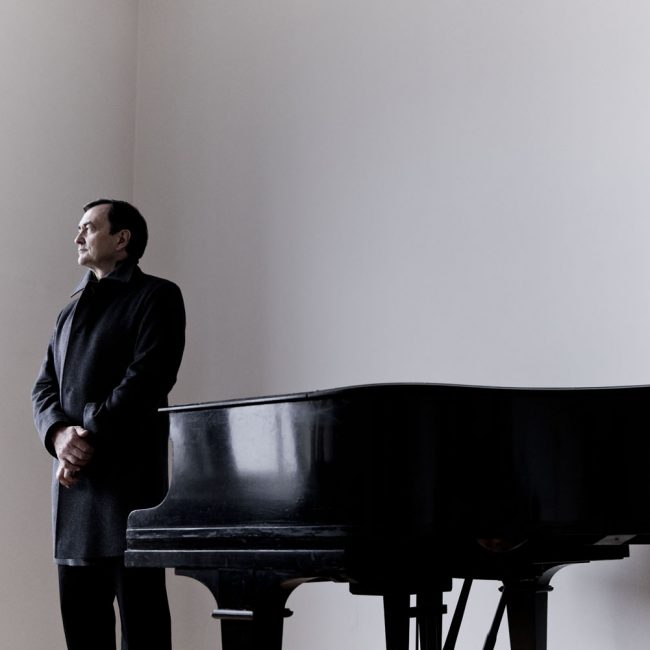PressBeethoven: 1808 Reconstructed, Aimard, Philharmonia, Salonen, RFH review – a feast in fading light
“The Philharmonia, accompanied by pianist Pierre-Laurent Aimard, the Philharmonia Voices, the Rodolfus youth choir and a handful of vocal soloists, delivered with an impressive stamina and focus that never ruled out the light and shade that this massive suite of masterpieces demanded.” –The Arts Desk



